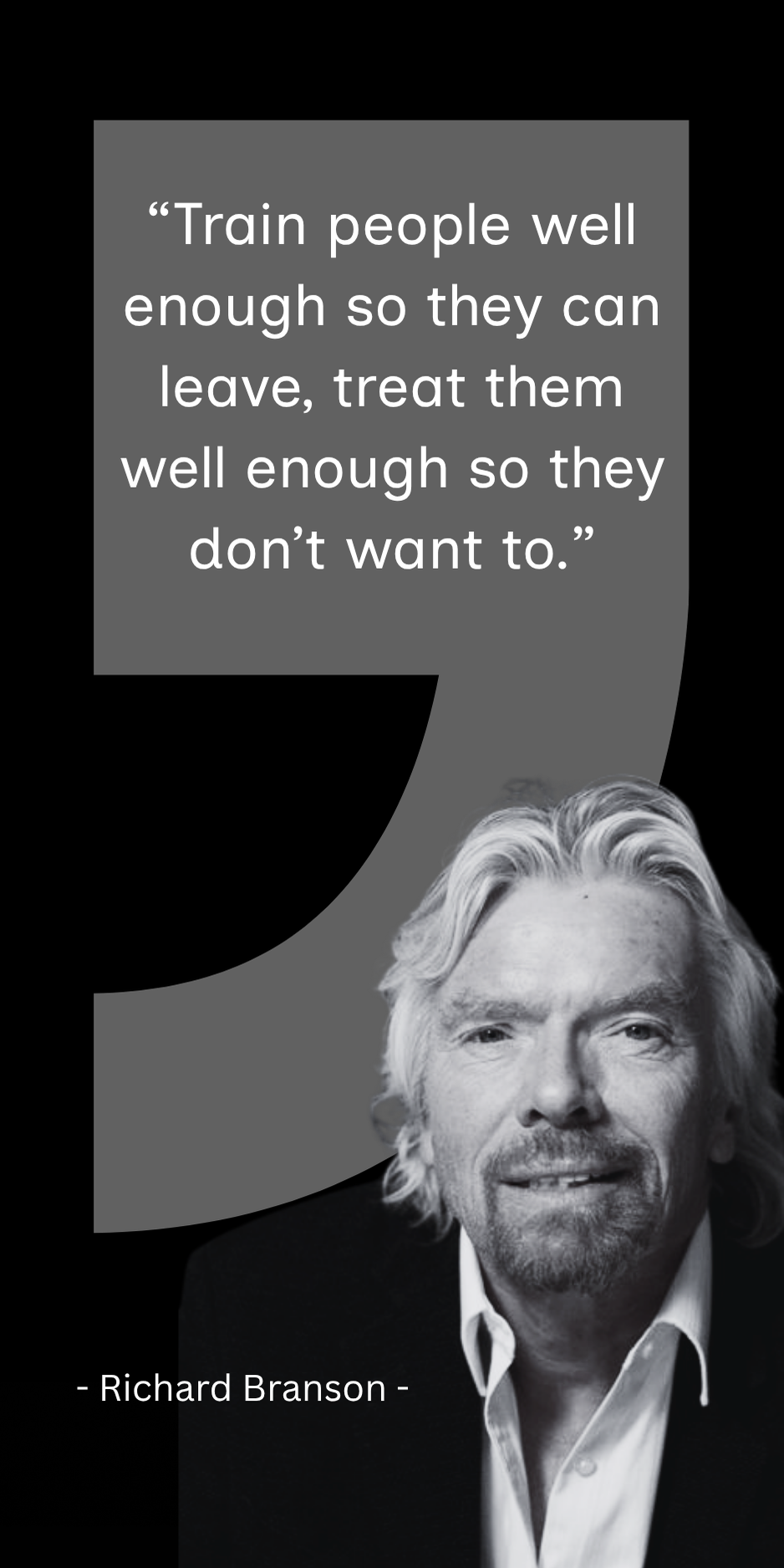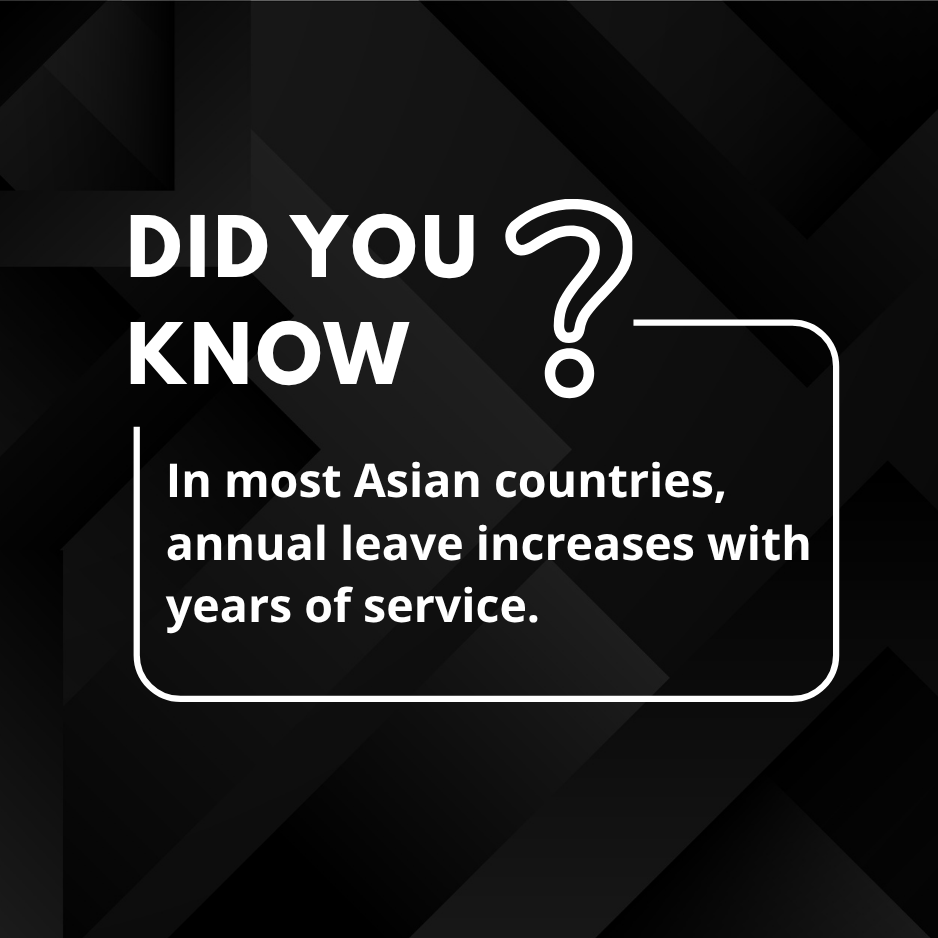Now Reading: Sacred Stillness, Corporate Balance
-
01
Sacred Stillness, Corporate Balance
Sacred Stillness, Corporate Balance

Mindfulness, a global workplace wellness trend which is pretty much talked about nowadays, has been the practice of Sri Lankan people for the last several hundred years. With deep roots in the Buddhist heritage of the island, mindfulness (sati) and meditation (bhāvanā) are not new “imports” but are the basic features of the people’s daily lives. Mindfulness practices have, from time immemorial, been part of the daily lives of Sri Lankan people and hence have been present in the temple of the village and even in the tea break at the office.
Companies are turning to this ancient wisdom which was lost along the way in the corporate world, a place where stress, multitasking, and burnout have become a part of the daily routine. For the HR professionals, the decision of coming up with mindfulness as a part of office culture means more than just a wellness program, in fact, it is a scientifically supported method of improving concentration, managing emotions, and building the organizational resilience. The adoption of mindfulness in Sri Lanka as well as its application in global organizational psychology sets it as a medium of connecting traditional values with the present-day achievements of human resource.
Mindfulness in Sri Lankan Tradition
The mindfulness practices in Sri Lanka are closely connected to Theravāda Buddhism that highlights the awareness of breath, sensations, and thoughts as ways to achieve clarity of mind. Through the ages, the laity has engaged in various activities such as meditating in a seated posture, chanting, or performing mindful walking that have been their religious observance and daily discipline.
Mindfulness in Sri Lanka is heavily influenced by the Theravāda Buddhist tradition, wherein bodily breath, sensations, and thoughts are counted as the most straightforward ways to achieve mental clarity. For ages, ordinary people have been doing seated meditation, chanting, or mindful walking as a part of religious rites and daily discipline.
Any temple on the island, whether it is the Sri Dalada Maligawa in Kandy or the village shrines, has always been a centre where not only spiritual exercises but also the life as one of the principles: patience, love, and non-reactivity, was taught. Differently from the West, where mindfulness is often completely separated from religion, meditation in Sri Lanka is still strongly linked to its spiritual and moral roots and hence holds its ethical dimensions. Thus, kindness (mettā) and equanimity (upekkhā), which have been going side by side with concentration, are still stressed.
Such persistent cultural roots and common daily practices could be a great advantage for workplaces in Sri Lanka. Introducing mind practices to staff members is not of a foreign concept rather they are being brought back to a practice they already know from home, school, or community. This correspondence of cultural heritage and organizational wellbeing is giving the mindfulness programs more honor and engagement.
The Science of Mindfulness at Work
Research in organizational behavior strongly supports mindfulness as a workplace intervention. Brown and Ryan’s (2003) Self-Determination Theory research reveals that mindfulness strengthens autonomy and emotional regulation. Glomb et al. (2011) characterize mindfulness as a meta-cognitive skill that elevates one’s focus and cuts down on the emotional reactivity which is greatly needed in the high-pressure corporate environment.
Mindfulness sessions at work not only fit well into the Job Demands–Resources (JD-R) model but also make perfect sense from an HR perspective. Stress, workload, and emotional exhaustion, are the “demands” that suck the employee’s energy. Mindfulness serves as a “resource” that rejuvenates psychological capital, thus resilience, focus, and engagement are strengthened.
This works to relieve stress, lower cortisol levels and maintain emotional balance. The participant’s focus is enhanced through high attentional control which in turn reduces errors and raises productivity. A person’s interpersonal skills are improved through empathy, emotional intelligence and conflict resolution skills. Boost employee engagement by reporting more job satisfaction and lower burnout rates.
To add on, mindfulness is psychologically safe (Edmondson, 1999), as it allows workers to share their thoughts and ideas without the fear of criticism. In ethnically diverse Sri Lankan workplaces, it nurtures inclusiveness and cross-cultural understanding.
Bringing Mindfulness into the Workplace
- One of the major issues for HR leaders is putting into practice mindfulness regularly and in such a way that it is well organized, all-embracing, and capable of lasting for a long time. Below are evidence-based approaches specially designed for Sri Lankan corporate environment:
- ·Short Daily Sessions: The first thing to do could be a 10-minute breathing exercise guided by an instructor at the very beginning of the day. This practice goes hand in hand with the morning chanting or prayers that are typical local practices, thus it is culturally familiar.
- ·Mindful Breaks: Employees can be given the idea of a midday break where they do not use their phones but engage in mindful walking or breathing. The effectiveness of this is especially in the high-stress sectors like finance and IT.
- ·Cultural Integration: Get help from local teachers and use local traditions instead of solely relying on the Western mindfulness apps that are brought in from abroad. The participation of meditation monks, meditation instructors, or corporate trainers in Sri Lanka will definitely be a turn towards being genuine.
- ·Secular Framing: Though originating from Buddhist practice, sessions should be inclusive enough to be understood by all i.e. they should stress only universal benefits like focus and calmness instead of using religious symbols so as not to be a hindrance to employees of different faiths.
- ·HR Metrics and ROI: The tracking can be of results such as less absenteeism, decreased turnover, or higher employee satisfaction. Getting mindfulness connected to business deliverable will facilitate leadership acceptance of it.
Mindfulness in Sri Lanka isn’t a fad but a heritage. When the HR leaders apply the same principles from temple courtyards to office boardrooms, they can nurture organizations that are not only calmer, more focused, and more resilient throughout the crisis but also the normal days.
The adoption of mindfulness is an example of a holistic HR philosophy: employees are not only a means of achieving goals but also human beings whose mental clarity, kindness, and equilibrium contribute to the quality of life in organizations. Embedding mindfulness into the local culture while working with the global research enables Sri Lankan workplaces to be not only survival of the fittest but also humane.
Given the rapid change of the corporate world, mindfulness is not just an extra for the wellness program but a strategic imperative. And for Sri Lanka, with its history of meditation, the temple-to-office route may well be the easiest one.












